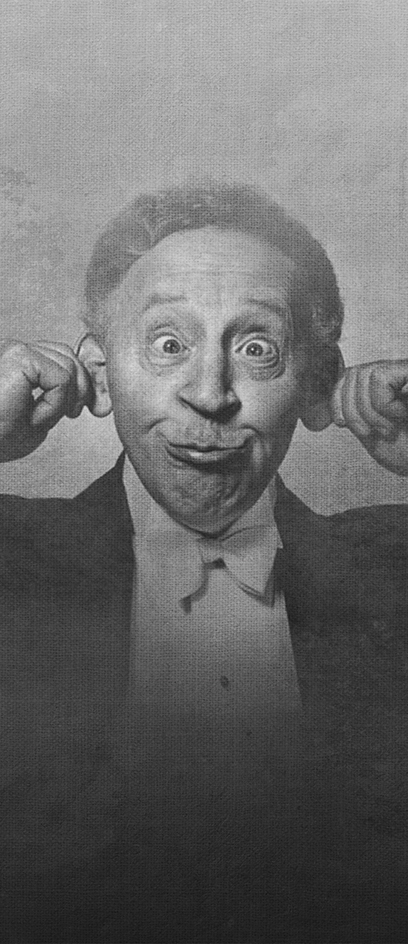
Artur Rubinstein
Polish pianist of Jewish origin
(born on 01.28.1887 in Łódź, died on 20.12.1982 in Geneva, Switzerland)
If I skip a day [of practice], I feel it immediately. If I miss two, my fingers feel it. And if I miss three, the audience feels it - Artur Rubinstein
Artur Rubinstein is one of the most famous and most hard-working Polish pianists of the twentieth century. Suffice to say that during his life he played more than six thousand concerts! Rubinstein is also regarded as the best interpreter of Frédéric Chopin's works, another Polish virtuoso of music.
He played his first public concert at the age of 7 years in his hometown of Łódź. During the concert he performed works of such classics as Wolfgang Amadeus Mozart, Franz Schubert and Felix Mendelssohn, delighting the audience with an unprecedented sense of music for a boy of such young age. In 1897 Rubinstein moved to Berlin, where he continued his education.
Age of thirteen, Rubinstein made his debut on the stage of the Berlin Philharmonic, and in 1902 he gave concerts at the Warsaw Philharmonic. His talent was spotted by young Ignacy Jan Paderewski (an outstanding pianist and a future Polish prime minister), who invited him to come to Switzerland if he needed help and advice.
In 1904 Rubinstein moved to France, signing a contract for concerts with a Parisian impresario. This was the way that his great international career began. He performed in many places, including the United States (in New York, Chicago and Boston), Vienna, Rome, Russia, London and South America (Buenos Aires, Montevideo, Santiago de Chile, Rio de Janeiro). He returned to Warsaw regularly. He usually performed in duets, accompanied by such eminent musicians as Paul Casals and Jacques Thibaud. The work of the pianist was based primarily on unique, artistic interpretations of tracks from major composers of the nineteenth and twentieth century - Chopin, Brahms, Dvorak and Szymanowski. Rubinstein's repertoire included both classical, romantic and contemporary music.
During World War II pianist opposed fascism and Nazism, condemning the policy of persecution of the Jewish population. As proof of his disapproval, he refused to perform in Italy and Germany.
After the founding of Israel, Rubinstein became heavily involved with this new country. He went there often and played free concerts. He also became the long time friend of president of Jerusalem, Teddy Kollek. He did not visit Poland for a long time. His first visit after the war came in 1958. Two years later, he became the head of the committee of the Chopin International Piano Competition, where he presented his own version of Chopin's Piano Concerto in F minor. From that moment his performances graced other well-known music events, including Warsaw Autumn Festival (1966) and the 60th anniversary of the Łódź Philharmonic (1975). Rubinstein's gave his last public appearance in 1976 in London's Wigmore Hall. Three years later, the pianist went on his last personal visit to Poland.
He died in Geneva in 1982. According to his last wish he was cremated. The urn with the ashes is buried near Jerusalem - on the mountainside of Orah, where Rubinstein was given a piece of land.
Do you know?
- Rubinstein wanted his ashes to be scattered on the ground, not buried in an urn. It was to be a tribute to the father of the pianist and the demonstration of a strong relationship with the Jewish state. Rubinstein did not realize however, that Jews do not burn their bodies, believing in resurrection. The Israeli authorities did not permit his ashes to be scattered for a long time, eventually agreeing to their burial at a modest, one-person cemetery.
- The pianist was a great lover of cigars. For a time, he even owned his own tobacco plantation in Cuba.
- During the concert at the first UN conference in 1945 Rubinstein demonstrated his attachment to Poland. Expressing disapproval at the lack of Polish diplomats at the session, he began his performance by playing Mazurek Dąbrowskiego – the Polish national anthem.
- Rubinstein's wife Nela was the author of the well-known American cookbook Nela's Cookbook (1983). The book contains information about the culinary preferences of Rubinstein and other members of the artistic bohemia of New York, Los Angeles and Paris.






